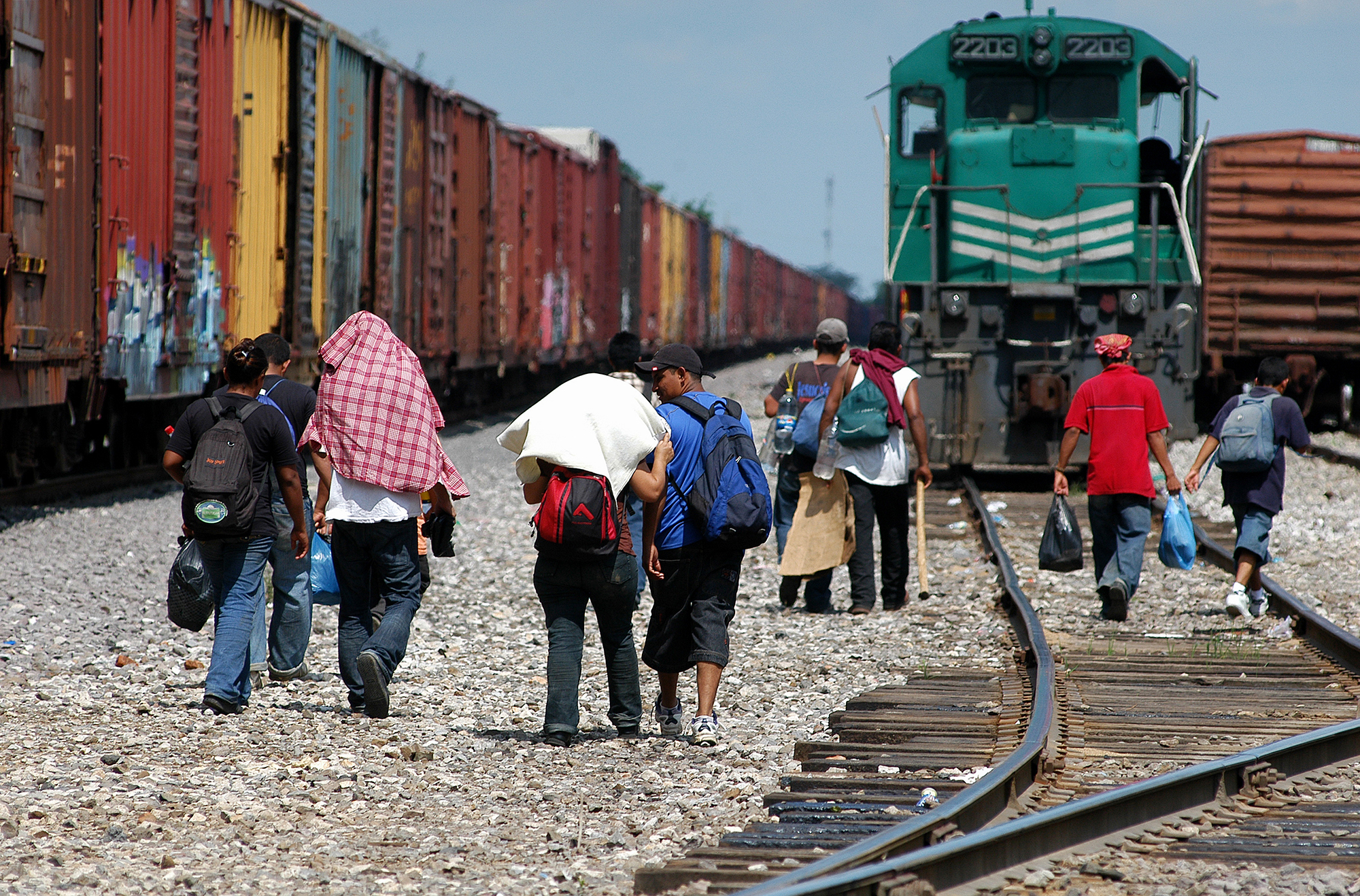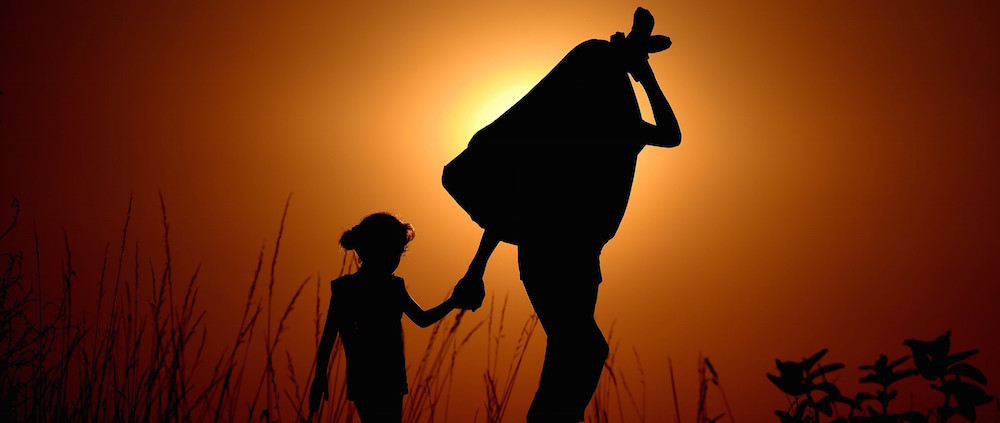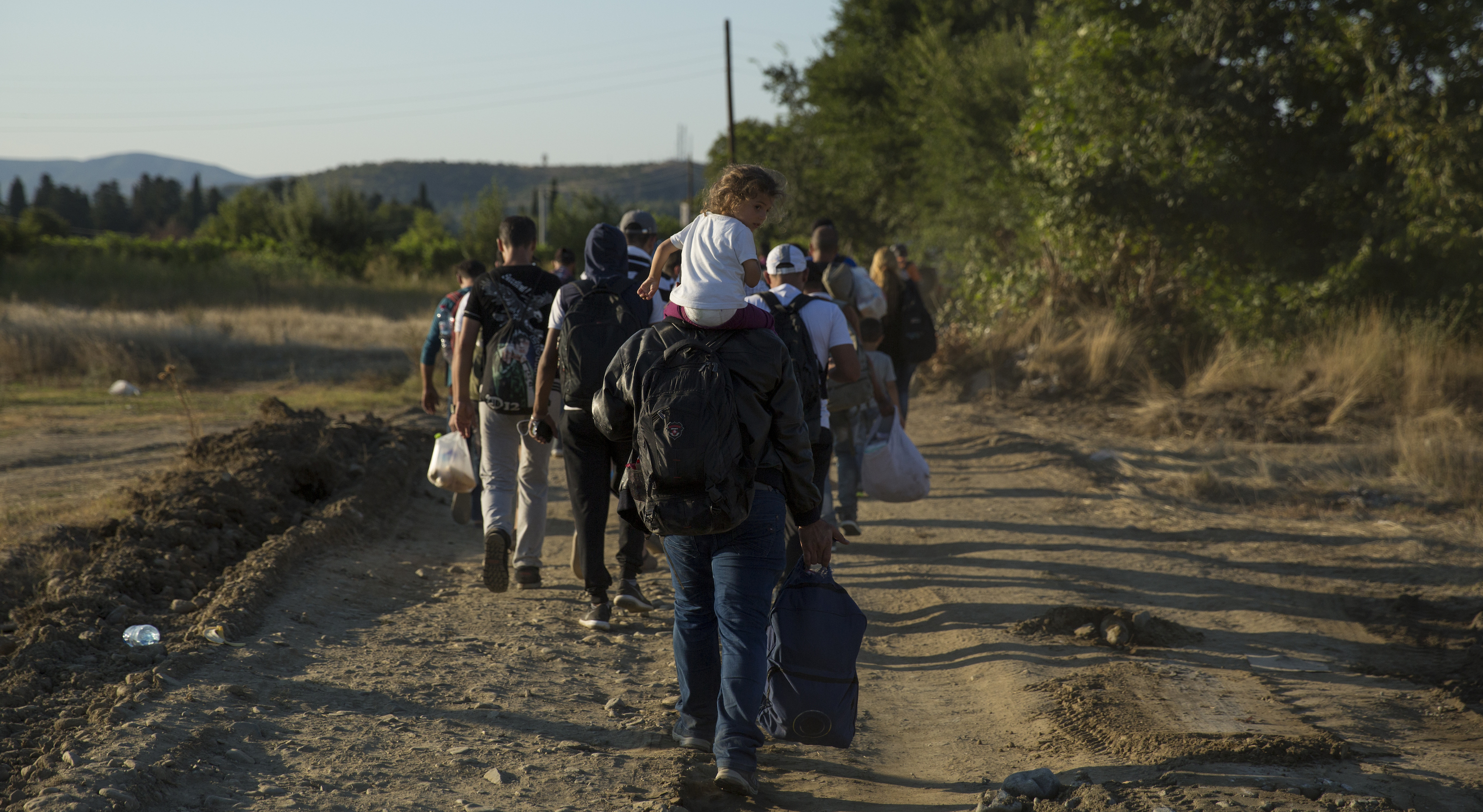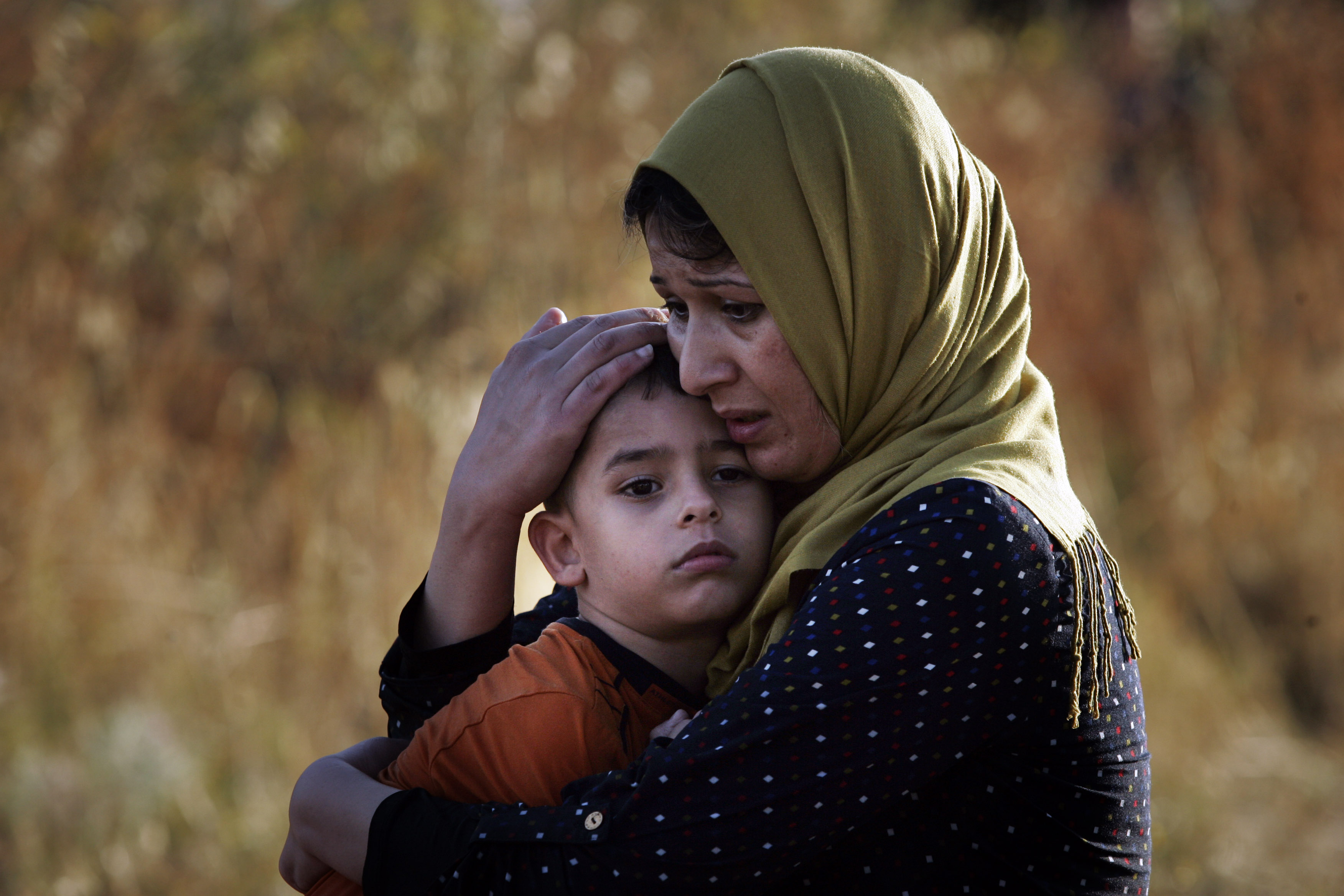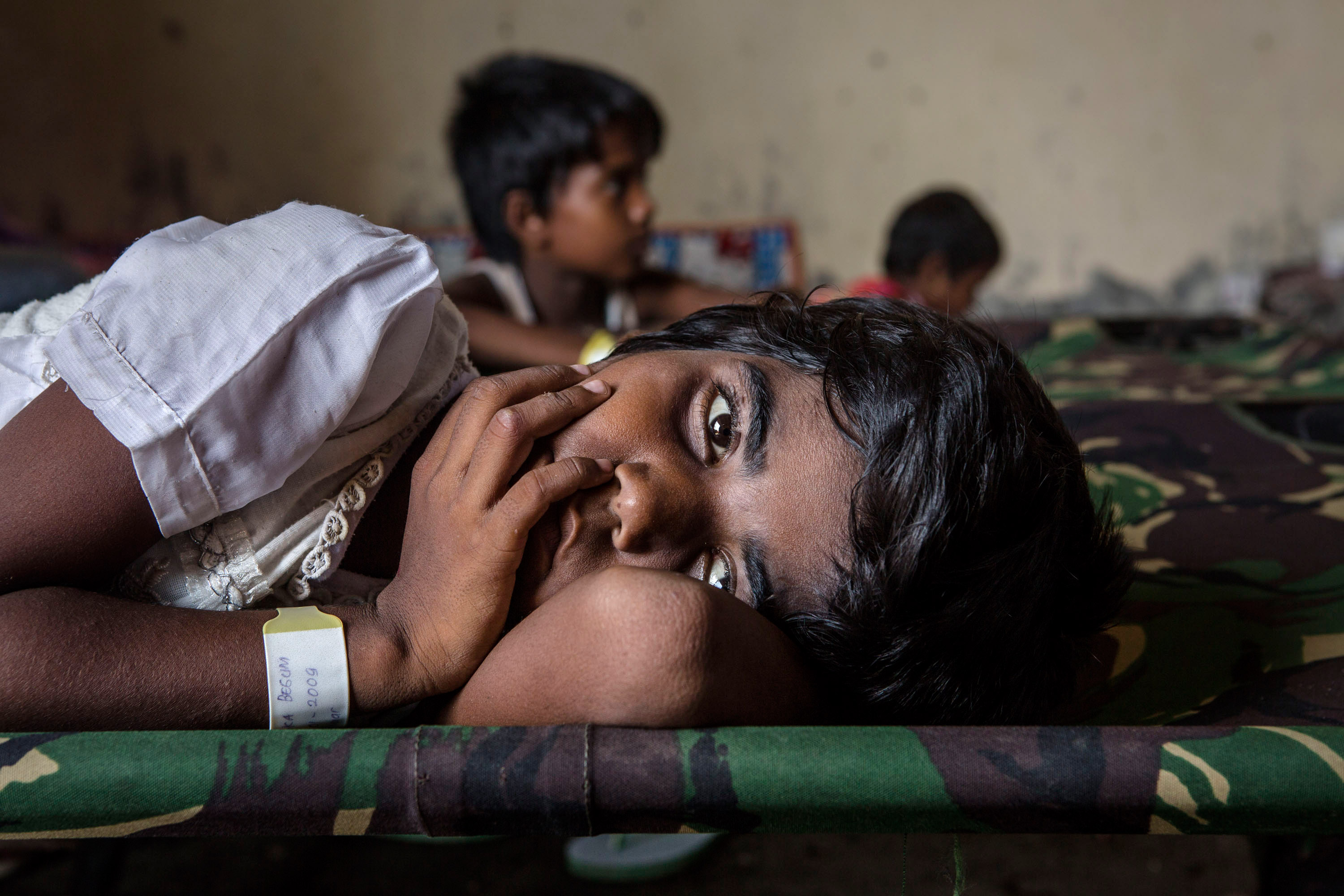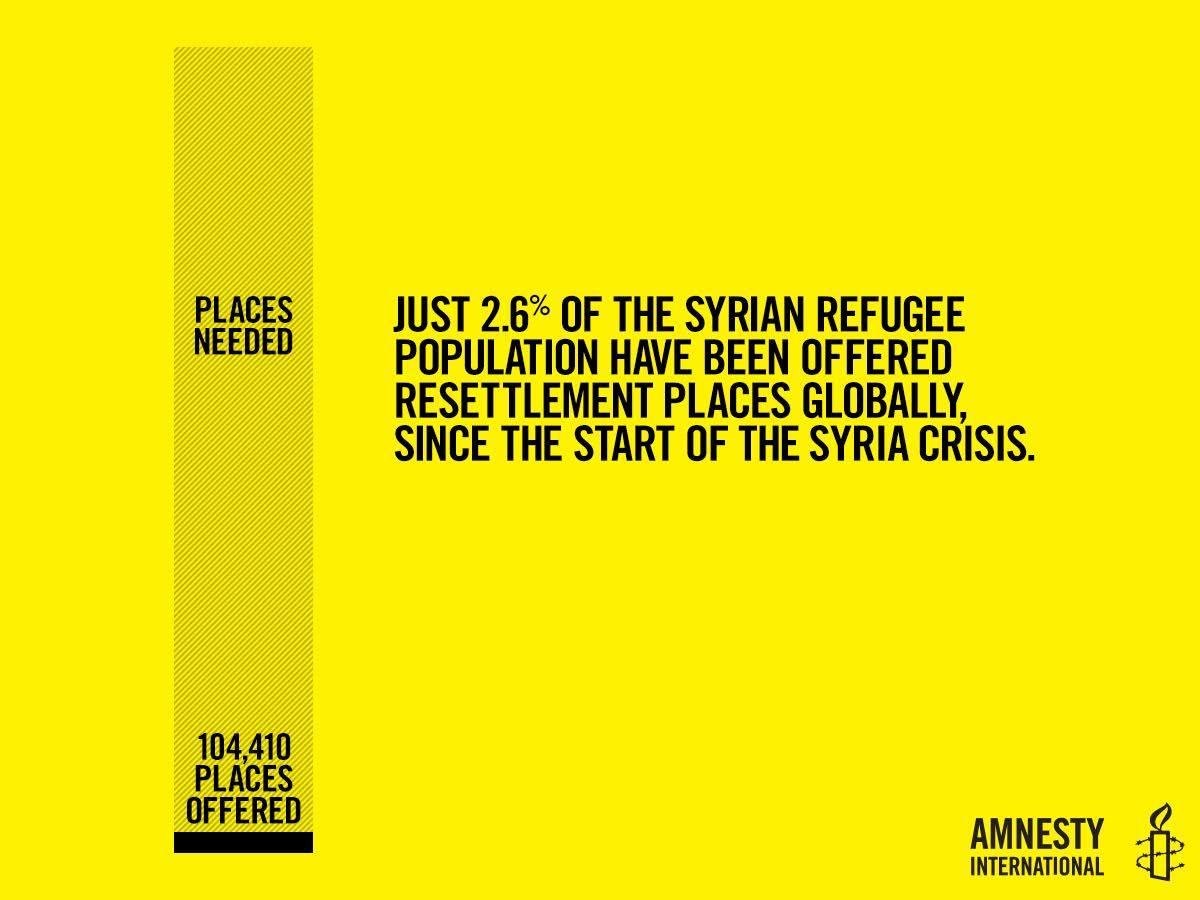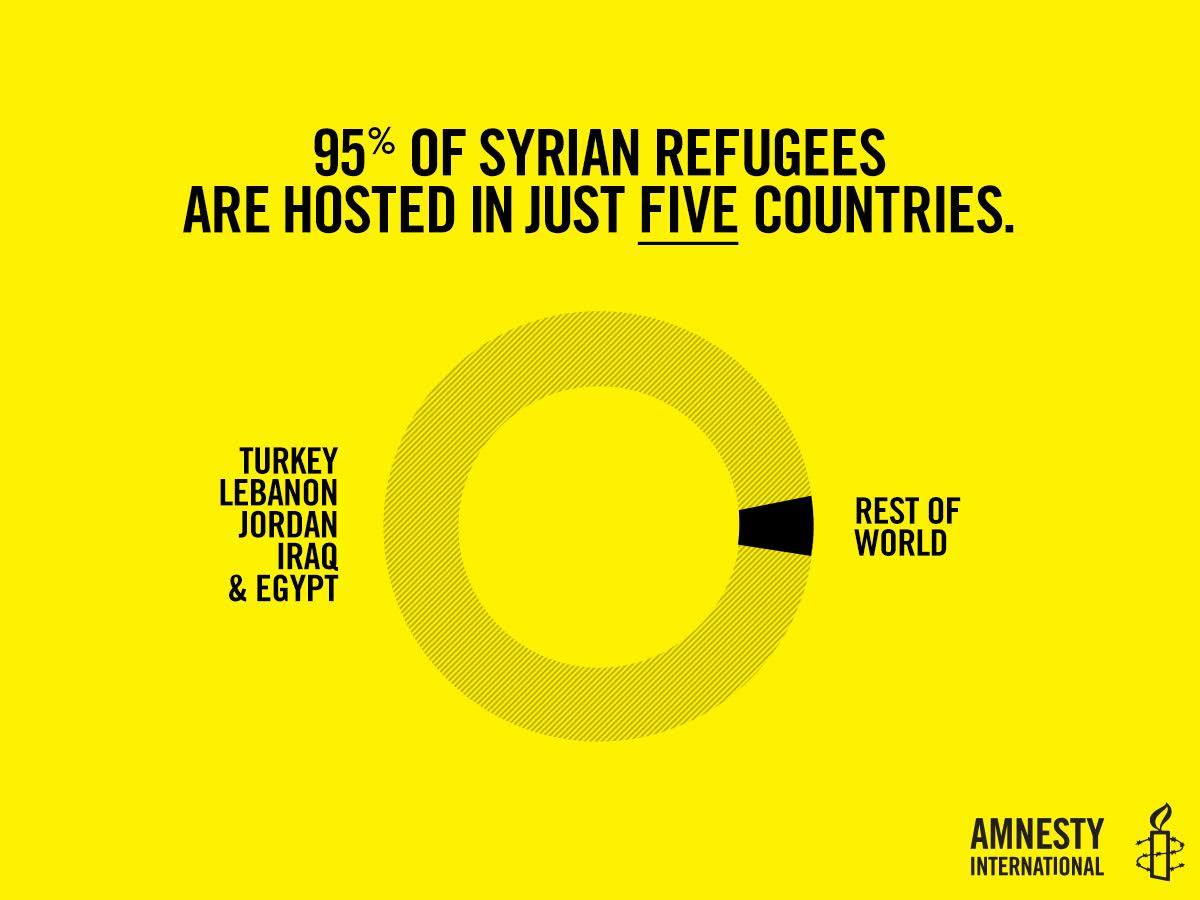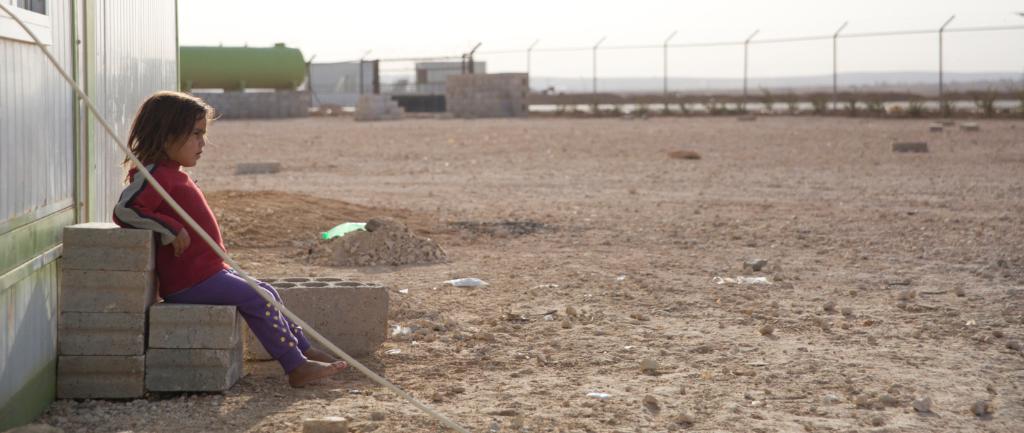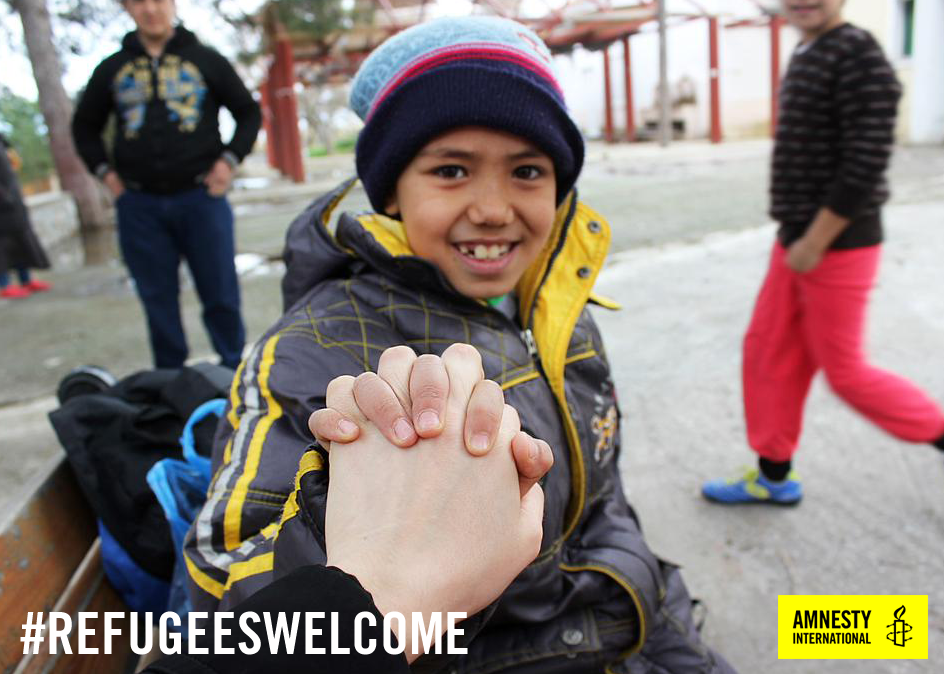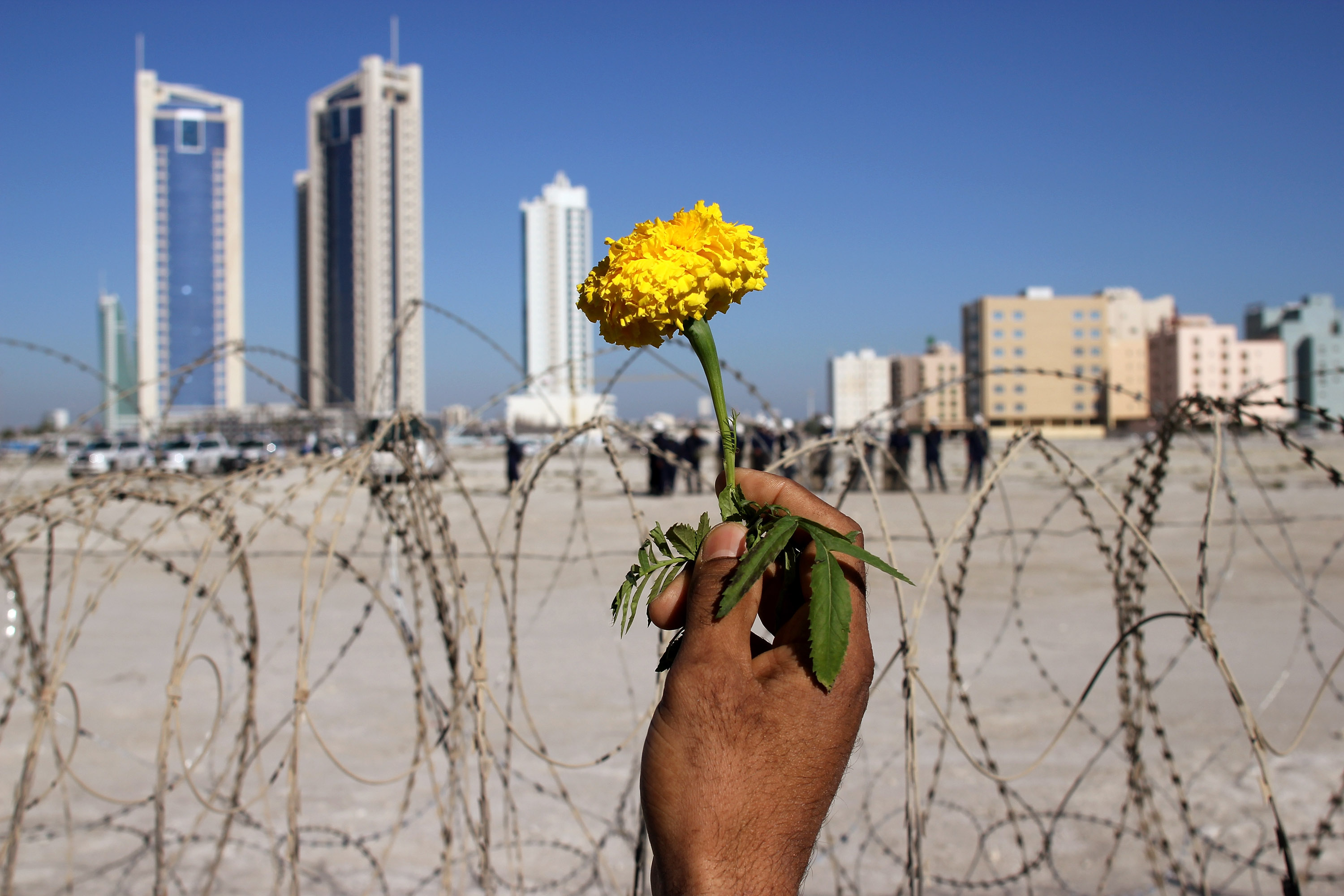
MANAMA, BAHRAIN – FEBRUARY 19: A person holds a flower in front of a barbed wire fence as anti-government demonstrators re-occupy Pearl roundabout on February 19, 2011 in Manama, Bahrain. (Photo by John Moore/Getty Images)
Protesters took to the streets across the Arab world in 2011, pushing their leaders to end decades of oppression.
The Middle East and North Africa was engulfed in an unprecedented outburst of popular protests and demand for reform. It began in Tunisia and spread within weeks to Egypt, Yemen, Bahrain, Libya and Syria. SEE THE REST OF THIS POST
